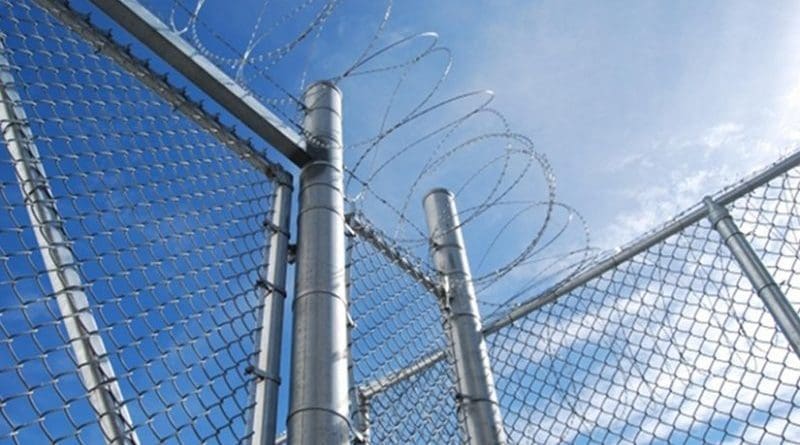Muscovites Show Solidarity Only With Highest Profile Political Prisoners – OpEd
By Paul Goble
Unlike other nations like the Ingush, Muscovites seldom show solidarity with any but the highest profile political prisoners, Anastasiya Olshanskaya says. They do not show up at their court hearings, allowing judges to impose sentences in front of empty seats.
They do not write letters to prisoners, again except the most high-profile, or stage individual pickets which can be conducted without anyone’s approval. They thus ensure that the “lesser” cases will be ignored, and the prisoners themselves forgotten – and still worse feel to be forgotten, the MBK journalist says (mbk-news.appspot.com/sences/nastya-olshanskaya-o-z/).
Olshanskaya says she recently has been going to court a lot, attending the cases of less prominent figures in the protest movement – people like Yevgeny Kovalenko of the Moscow Case who was sentenced to 3.5 years in the camp in a courtroom where most of the seats were empty.
Muscovites rush to high-profile cases in the hopes that they will see something important happen or even prompt the judges to be lenient, but when you sit in a half-empty courtroom and can do nothing, especially when you believe that if even 20 people had shown up, the prisoner might have been released, you feel destroyed.
If more people would support the “lesser-known” political prisoners, they too would have a chance, and so if you want to attend a trial, attend one of theirs. There won’t be a crush of people, but by attending you may make all the difference in the world. And if the prisoner is convicted, write him a letter or demonstrate on his behalf. That matters too.
Olshanskaya doesn’t mention it, but the Moscow pattern is not true everywhere even in Russia. It is certainly not true in Belarus or Ukraine, and it is far from the case in Ingushetia where there is an entire network devoted to helping those facing charges and those convicted regardless of how much media attention they receive.
Where communities show solidarity with those the powers that be are oppressing, everyone except the sloviki benefits. Where they don’t, the only winners are those who don’t deserve to be: those carrying out the repression. The prisoners are only the most obvious of the losers.

